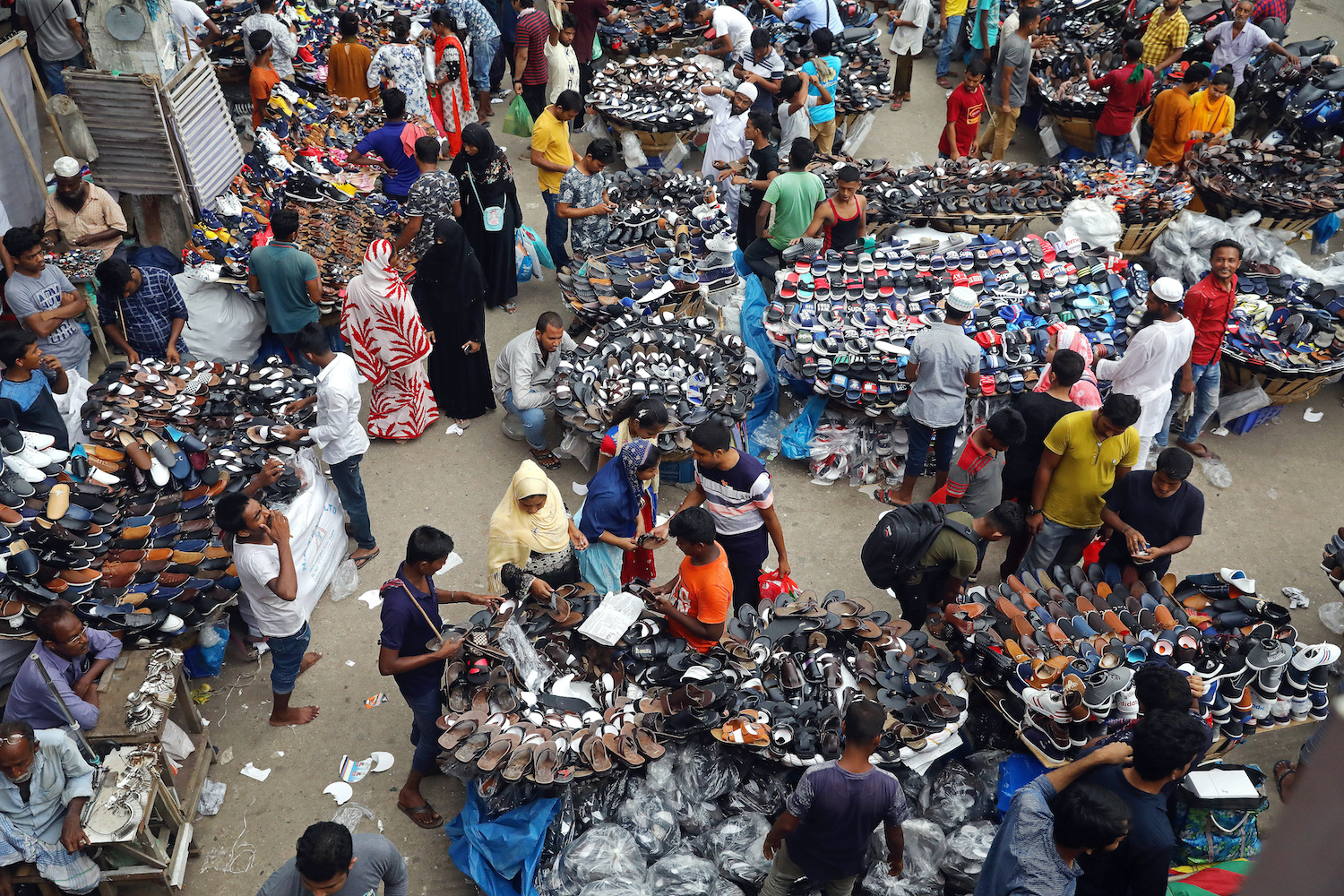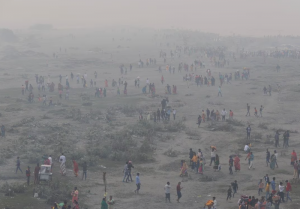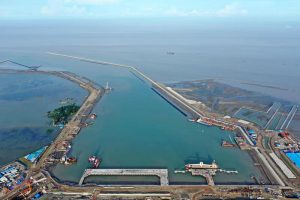Bangladesh has secured $4.5 billion worth of help from the International Monetary Fund (IMF) as it bids to save its inflation-hit economy.
The IMF provisionally agreed the support programme on Wednesday for Bangladesh, hit by soaring prices and dwindling foreign exchange reserves, making it the third South Asian nation to secure a bailout.
The $416-billion economy has been one of the world’s fastest growing for years but rising energy and food prices, sparked by Russia’s invasion of Ukraine, along with the shrinking reserves, have swelled its import bill and current account deficit.
Also on AF: Asia Stocks Muted as US Mid-Terms, Inflation Data Weigh
The IMF said a “staff-level agreement” had been reached for a 42-month arrangement, including about $3.2 billion from its Extended Credit Facility (ECF) and Extended Fund Facility (EFF), plus about $1.3 billion from its new Resilience and Sustainability Facility (RSF).
“The objectives of Bangladesh’s new Fund-supported programme are to preserve macroeconomic stability and support strong, inclusive, and green growth, while protecting the vulnerable,” the lender said in a statement.
A staff-level agreement is typically subject to approval by IMF management and consideration by its Executive Board, which is expected in the coming weeks.
The IMF said Bangladesh has put together a programme to foster growth that includes measures to contain inflation and strengthen the financial sector.
Bangladesh’s Garment Reliance
Bangladesh becomes the third South Asian nation, after Pakistan and Sri Lanka, to reach a staff-level agreement for loans with the IMF this year.
Its economic mainstay is the export-oriented garment industry, which is bracing for a slowdown as big customers like Walmart are saddled with excess stocks as inflation forces people to prioritise their spending.
Bangladesh’s foreign exchange reserves had dwindled to $35.74 billion by November 2 from $46.49 billion a year ago, central bank data showed.
“Even as Bangladesh tackles these immediate challenges, addressing long-standing structural issues remains critical, including threats to macroeconomic stability from climate change,” the IMF added.
- Reuters with additional editing by Sean O’Meara
Read more:
Bangladesh Protests Break Out After 52% Fuel Price Rise
IMF Receptive to Bangladesh Request for $4.5bn Loan
Deft handling of giant neighbours helps lift Bangladesh, South Asia’s rising star
























